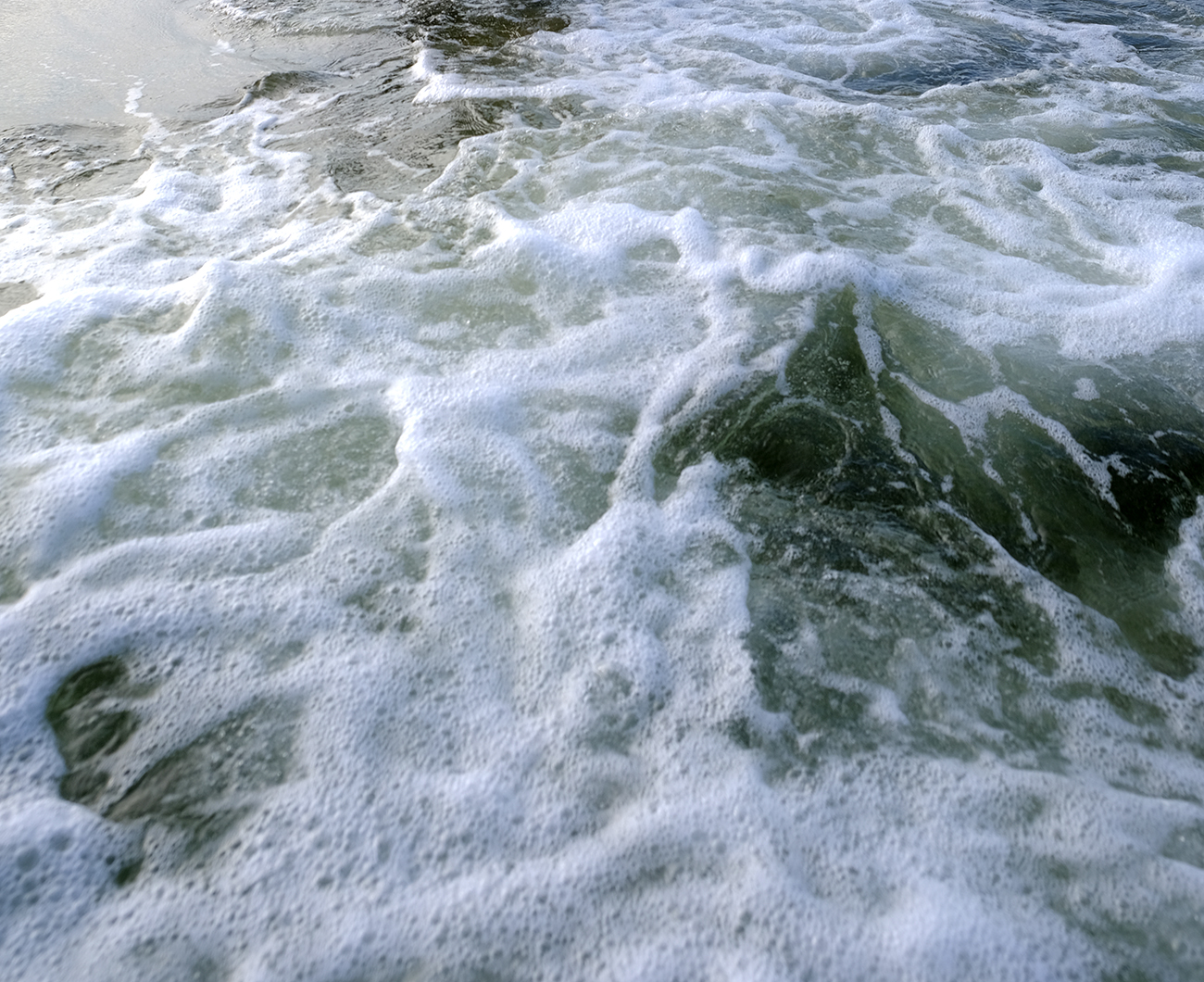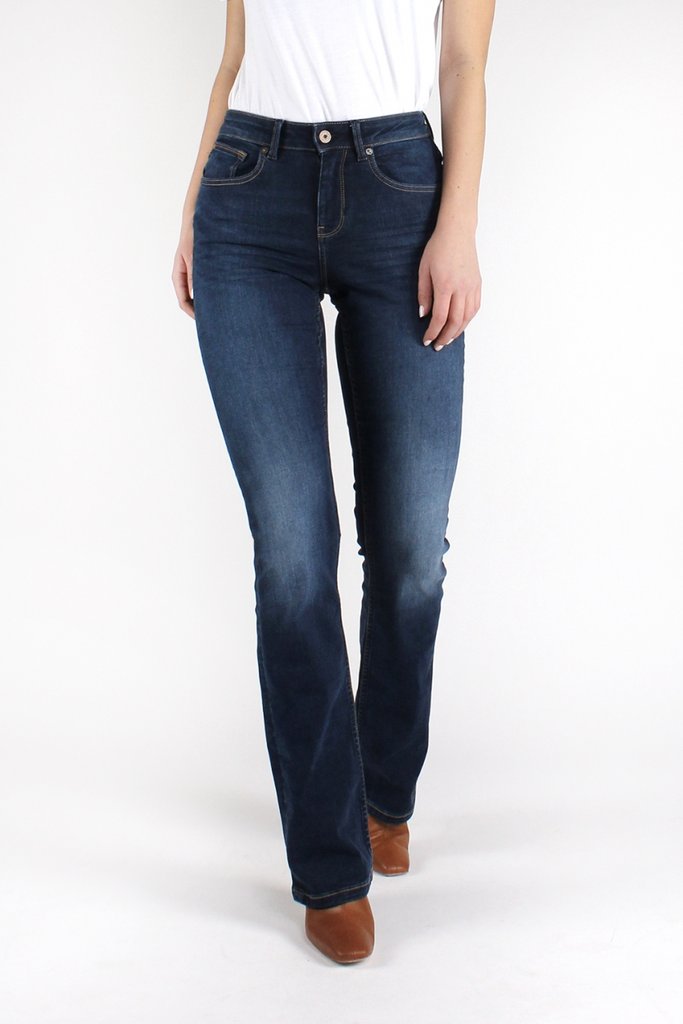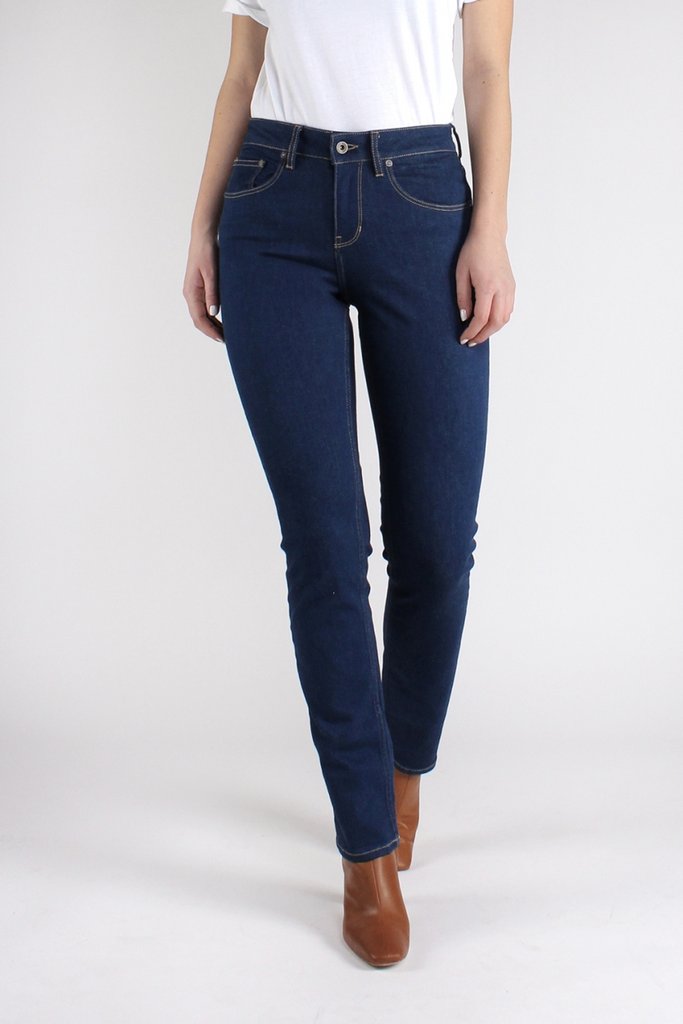We fight for a denim industry that thrives on healthy, happy people and a blooming environment. Fighting against water pollution is an important part in this, so we work on several ways to limit our water footprint.
The denim production process is usually a dirty business
At this moment still 20% of global industrial water pollution is linked to the dyeing and treatment of textiles. That’s pretty bad, if you ask us. Producing denim is usually a dirty business. Regular denim production requires a chemical washing and dyeing process that pollutes the water on a large scale. That’s not okay, because water pollution has a negative impact on both aquatic (water)life and local communities of the people who make our clothes. Can you imagine what drinking polluted water your entire life does to your health?
Time for action! Within a brand we can divide the limiting of water footprint in three parts. First: use materials that have a lower water footprint. Organic over non-organic, recycled over new. Second: avoid the use of hazardous substances, like pesticides, bleach and heavy chemicals, that go into the production process. Third: clean all the water that comes out of the process. This is how we limit negative water pollution and make sure our products have a lower environmental impact.

Chemical restrictions – certification is key
How can you possibly know, as a consumer, if a brand truly avoids hazardous chemicals? Certification is key. There are different certification standards that have chemical restrictions, such as GOTS, the Global Organic Textiles Standard. This certification proves the use of organic materials and clean practices throughout the entire production process. At Kuyichi, all our clothes are certified by GOTS. From the farming to the washing of our garments no pesticides or harmful chemicals are used. To recognise a clean process you can look at certifications at brands. You can find the GOTS approved logo both on the label in our garments and on our website. If a garment is not GOTS certified, search for standards like GRS, Global Recycling Standard, and OEKO-TEX 100 that also certify on chemical safety.

What can you do to limit your (denim) water footprint?
That’s our part. But you can contribute, too. First, always choose for organic, recycled or simply products without the use of nasty chemicals. Avoid synthetic garments to limit the number of microplastics (tiny plastic particles that come off synthetic products and garments) you bring into the water. It’s better for the world and for your skin. Second, just take care of your jeans in the right way and you’re a pure denim hero already.
How to help us clean the water through good denim care:
- Don’t wash your jeans too often, no need for that. Keep in mind: real denim lovers never wash their jeans. Just hang it out and let the wind do its work.
- When you do wash your jeans, make sure that you use a short, cold(er) washing program. No need to run your washing machine for hours.
- Only use natural detergent and don’t use fabric softener. It’s usually a big polluter and a good denim doesn’t need it.










